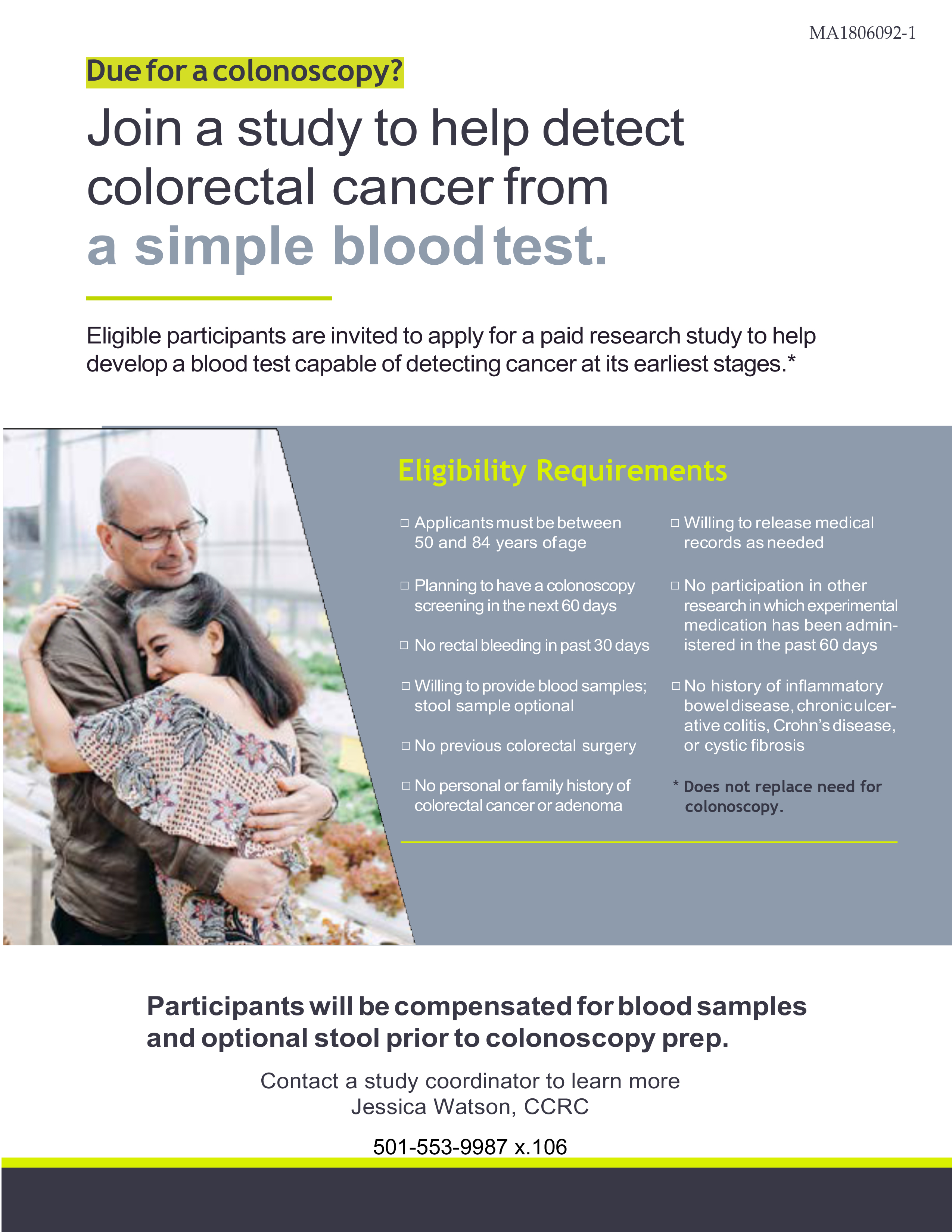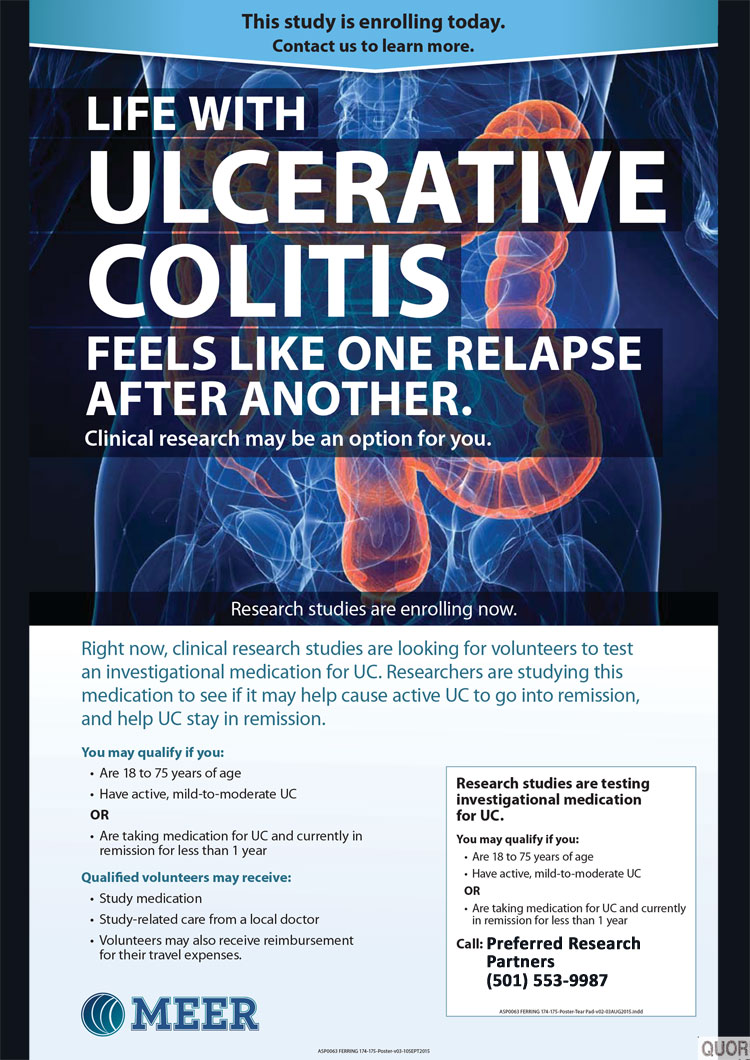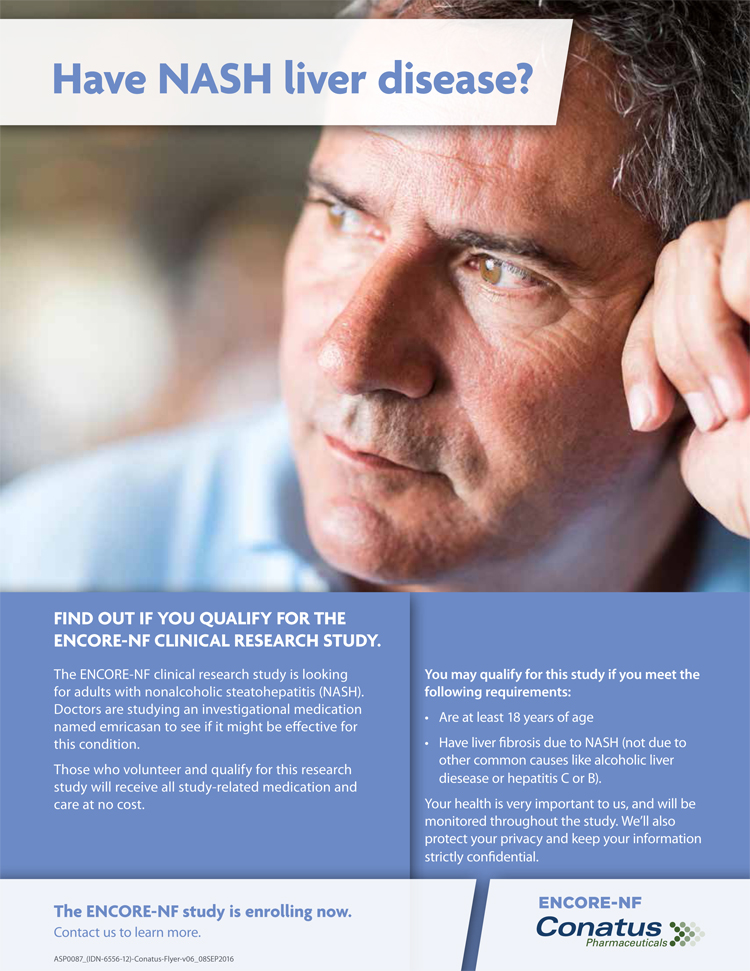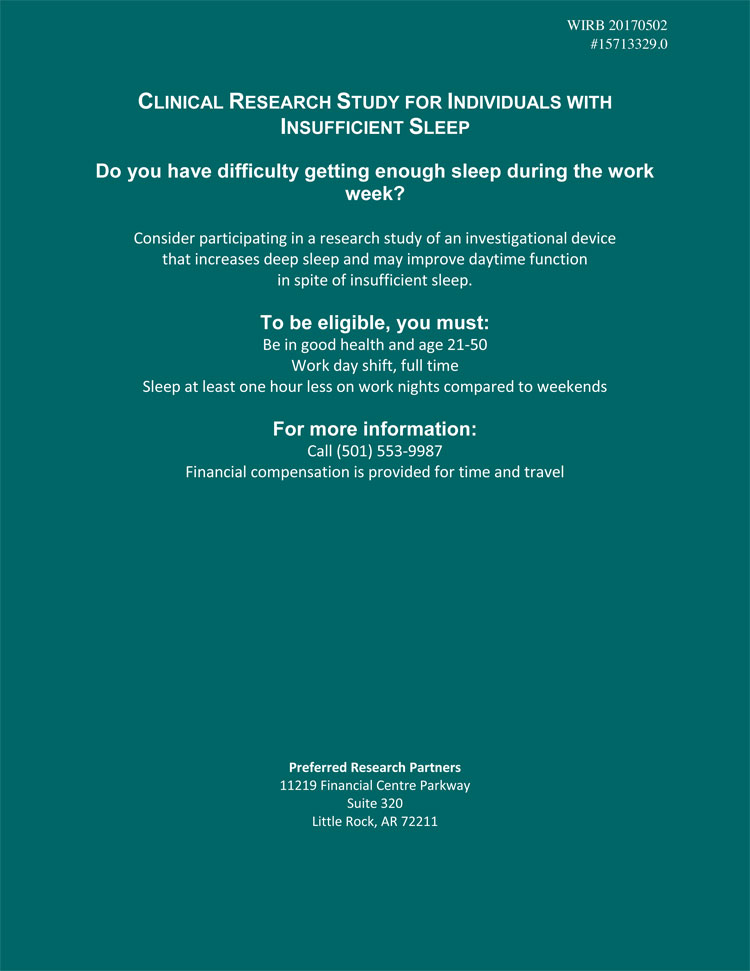Self-care is vital for those with gastroesophageal reflux disease (GERD), a long-term disorder where acid from the stomach travels up the esophagus, which may cause discomfort and heartburn. Over time, GERD can damage the esophageal lining. Those who experience GERD may feel uncomfortable eating, especially when they’re unsure of which foods may trigger their symptoms. But with the correct diet and lifestyle changes, the symptoms of this disease may be almost entirely preventable.
Are there certain types of exercise that are better at mitigating symptoms than others? The answer is yes. Some exercises will help reduce the symptoms, but others may exacerbate them.
Here’s a list of exercises that are fine to do when living with GERD, and may even help alleviate symptoms:
- Yoga Due to the low impact stress on the body, yoga has been shown to help with digestion. But any positions where your head may hang down are to be avoided.
- Swimming This is a great way to get a full body workout, and even better if you don’t swim too strenuously. Water aerobics have been shown to help even more, as it keeps your body upright most of the time.
- Walking Going for light walks can help digestion and keep you active.
Here’s a list of exercises that may cause your acid reflux to get worse:
- Sit-ups Repeatedly lifting your head and curving your body may trigger the acid reflux.
- Weightlifting Heavy weightlifting is not advised, as the strain it may put on your body could also trigger the symptoms. Light weightlifting can be fine, as long as you avoid positioning your upper body in a bent over position for long periods of time.
- Running or sprinting Because of the strain on the lungs, running is discouraged if you’re having a rough day of GERD symptoms. Light jogging, however, is typically fine and does not strain the lungs.
It is important to always listen to your body when engaging in any kind of physical activity. If you are living with symptoms of GERD, consult your doctor for guidance.
Join a Clinical Trial with Preferred Research Partners
If you or someone you know is living with GERD, consider a clinical trial with Preferred Research Partners. You may qualify for treatment, and your participation may contribute to the advancement of medical research!











